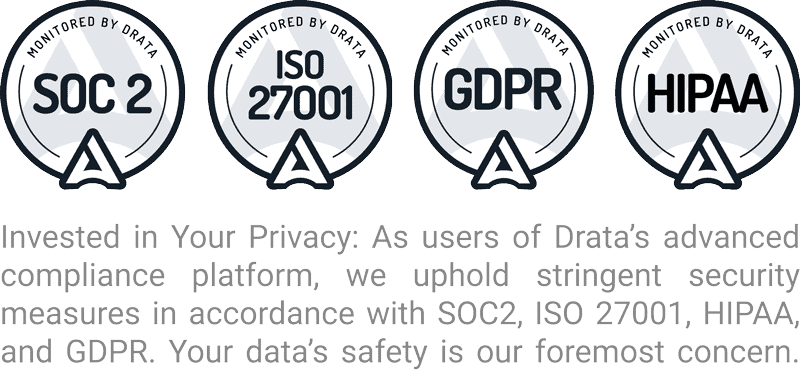The Strategic Alliance between Lead Profiling and Lead Nurturing

I was reading this great article titled; Lead Nurturing; Ripening the Right Bananas, which explained how lead nurturing turns unripe leads into loyal consumers. The article was helpful, but I immediately noticed a crucial step in the process that they had left out; lead profiling. Successful lead nurturing begins with thorough lead profiling.
Lead Nurturing Needs Lead Profiling
Although the article did an excellent job of summarizing the benefits of lead nurturing, it didn’t supply the reader with a real strategy for creating meaningful connections with unripe leads. Leads that are not ready to convert require customized coaxing to convince them to respond favorably to the campaign. Businesses cannot effectively turn leads into consumers without first understanding the leads’ behavior, interests, and needs.
It makes perfect sense when you think about it. How can a company convince someone they need a particular product or service, if they don’t first understand how their product or service will benefit that specific lead?
Lead Profiling for Lead Nurturing
The building blocks for any effective lead nurturing campaign is comprehensive lead profiling. The most efficient way to develop a complete lead profile is marketing automation. Marketing automation software uses website visitor tracking to find out exactly what information a lead is seeking out, which articles or pages they have already viewed, and any demographic characteristics that can be obtained through their IP address or online registries. All of this crucial information is compiled to create a beneficial lead profile.
Marketing Automation and Lead Nurturing
Visitor tracking and profile is necessary for the foundation, but there is still more work that needs to be done before a business develops lead nurturing content. The marketing automation process always involves ranking and segmenting leads based on specific behavior and characteristics. All of this is done to increase engagement and lead nurturing ROI. Lead nurturing content must be relevant and customized based on the predetermined lead segments to create a real connection with the reader.
Relationship Building with Lead Nurturing
Businesses can’t expect to develop an intimate and meaningful relationship with potential prospects if they first don’t take the time to get to know them personally. Leads know they have endless purchasing options online and they won’t settle for a business that doesn’t make an effort to understand their needs and concerns.
Developing a strategic alliance between lead profiling and lead nurturing makes it easier to turn leads into consumers. It makes the prospect feel like the company truly cares about their concerns and is offering valuable advice for free. To generate significant ROI from lead nurturing campaigns, companies must first track, profile, and segment every lead into comparable groups. That is the only proven way to create relevant content that will be truly beneficial to your prospects’ lives.



